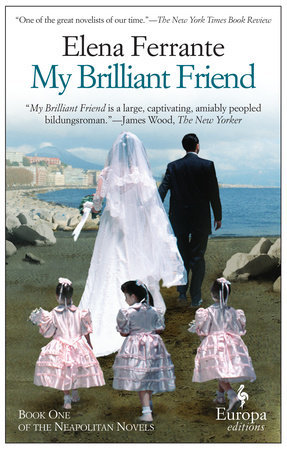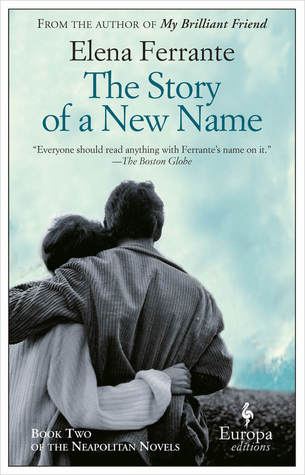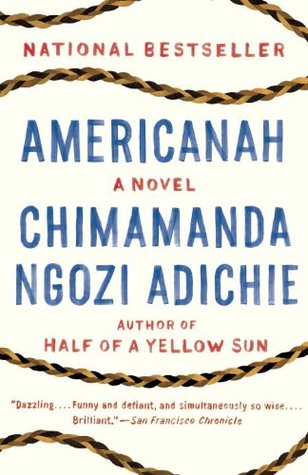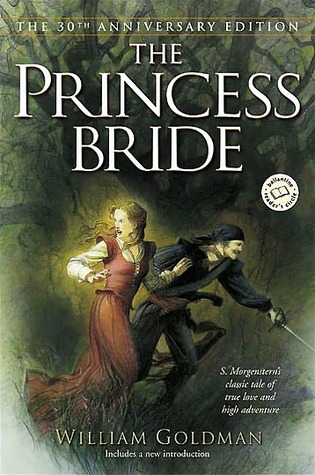Of this year's Top 5, only one is an all timer--more for its detail about the horrible extent to which the west was won at the expense of the people who were already there. I mean, I guess I sort of knew that, but to see it laid out like that is something that every American should experience.
I didn't like James M Cain as much as I'd hoped, and the work I chose is markedly different from the others, which are more of the style for which he's famous. Not for me, I guess.
The Solzhenitsyn work, along with the aforementioned novella makes him my man of the year, and the way he blends fact and fiction put him right there in the conversation with Tolstoi. It also helps a westerner understand the extent to which Russia was decimated by the First World War--the Eastern front was not mentioned in my elementary school Canadian history.
Of the other two selections, the one is mainly of interest to Tbilisi visitors and it is amazing to see how much the city has changed in twenty years. The country's geopolitical situation is still a bit precarious, but it feels like the country is slowly establishing its place in the world and moving away from Russia and toward Europe. Still, it wouldn't surprise me if something happened to suddenly reverse that trend, and despite America's assistance, I think our commitment to Georgia and willingness to stand up to Russia has its limits.
Finally, in this time of depressing and fake news it is reassuring to take a longer look at the recent past and to see how far we have come in reducing poverty, hunger and child mortality. There is still a long way to go, but our progress has been remarkable and there is every indication that it will continue, despite whichever shape the revolt of the public takes.
Jason joined me on Goodreads this year and I have enjoyed following what he and Pat are reading, and have benefited from several of their recommendations. It's easy and fun to track your reading and the network effects are significant, so I encourage everyone to get on board.
Happy New Year, everybody. Outside of a dog, a book is a man's best friend. Inside of a dog, it's too dark too read.
 Bury My Heart at Wounded Knee: An Indian History of the American West
Bury My Heart at Wounded Knee: An Indian History of the American West
by
Bury My Heart at Wounded Knee is Dee Brown's eloquent, fully documented account of the systematic destruction of the American Indian during the second half of the nineteenth century. A national bestseller in hardcover for more than a year after its initial publication, it has sold almost four million copies and has been translated into seventeen languages. For this elegant thirtieth-anniversary edition—published in both hardcover and paperback—Brown has contributed an incisive new preface.
Using council records, autobiographies, and firsthand descriptions, Brown allows the great chiefs and warriors of the Dakota, Ute, Sioux, Cheyenne, and other tribes to tell us in their own words of the battles, massacres, and broken treaties that finally left them demoralized and defeated. A unique and disturbing narrative told with force and clarity, Bury My Heart at Wounded Knee changed forever our vision of how the West was really won.
Using council records, autobiographies, and firsthand descriptions, Brown allows the great chiefs and warriors of the Dakota, Ute, Sioux, Cheyenne, and other tribes to tell us in their own words of the battles, massacres, and broken treaties that finally left them demoralized and defeated. A unique and disturbing narrative told with force and clarity, Bury My Heart at Wounded Knee changed forever our vision of how the West was really won.
 August 1914
August 1914
(The Red Wheel #1)
by
In his monumental narrative of the outbreak of the First World War and the ill-fated Russian offensive into East Prussia, Solzhenitsyn has written what Nina Krushcheva, in The Nation, calls "a dramatically new interpretation of Russian history." The assassination of tsarist prime minister Pyotr Stolypin, a crucial event in the years leading up to the Revolution of 1917, is reconstructed from the alienating viewpoints of historical witnesses. The sole voice of reason among the advisers to Tsar Nikolai II, Stolypin died at the hands of the anarchist Mordko Bogrov, and with him perished Russia's last hope for reform. Translated by H.T. Willetts.
August 1914 is the first volume of Solzhenitsyn's epic, The Red Wheel; the second is November 1916. Each of the subsequent volumes will concentrate on another critical moment or "knot," in the history of the Revolution.
August 1914 is the first volume of Solzhenitsyn's epic, The Red Wheel; the second is November 1916. Each of the subsequent volumes will concentrate on another critical moment or "knot," in the history of the Revolution.
Mildred Pierce
by
Mildred Pierce had gorgeous legs, a way with a skillet, and a bone-deep core of toughness and determination. She used those attributes to survive a divorce in 1940s America with two children and to claw her way out of poverty, becoming a successful businesswoman. But Mildred also had two weaknesses: a yen for shiftless men and an unreasoning devotion to her monstrous daughter.
Out of these elements, Cain created a novel (later made into a film noir classic) of acute social observation and devastating emotional violence—and a heroine whose ambitions and sufferings are never less than recognizable.
Out of these elements, Cain created a novel (later made into a film noir classic) of acute social observation and devastating emotional violence—and a heroine whose ambitions and sufferings are never less than recognizable.
Factfulness: Ten Reasons We're Wrong About the World – and Why Things Are Better Than You Think
by
,
When asked simple questions about global trends - why the world's population is increasing; how many young women go to school; how many of us live in poverty - we systematically get the answers wrong. So wrong that a chimpanzee choosing answers at random will consistently outguess journalists, Nobel laureates, and investment bankers.
In Factfulness, Professor of International Health and a man who can make data sing, Hans Rosling, together with his two long-time collaborators Anna and Ola, offers a radical new explanation of why this happens, and reveals the ten instincts that distort our perspective.
It turns out that the world, for all its imperfections, is in a much better state than we might think. But when we worry about everything all the time instead of embracing a worldview based on facts, we can lose our ability to focus on the things that threaten us most.
Inspiring and revelatory, filled with lively anecdotes and moving stories, Factfulness is an urgent and essential book that will change the way you see the world.
 Stories I Stole
Stories I Stole
by
Fed up with working for Time magazine in London, Steavenson moved to Georgia on a whim. Stories I Stole relates her time there in twenty vodka-fuelled episodes drawn from all over the country – tales of love, friendship and power cuts, of duelling (Georgian style), of horse races in the mountains, wars and refugees, broken hearts, fixed elections, drinking sessions and a room containing a thousand roses.
Stories I Stole is a wonderful example of a writer tackling an unconventional subject with such wit, humanity and sheer literary verve that one is unable to imagine why one never learnt more about Georgia before. Stories I Stole is a magnificent first book: erudite, engaged, candid and blissfully poetic.
Stories I Stole is a wonderful example of a writer tackling an unconventional subject with such wit, humanity and sheer literary verve that one is unable to imagine why one never learnt more about Georgia before. Stories I Stole is a magnificent first book: erudite, engaged, candid and blissfully poetic.










